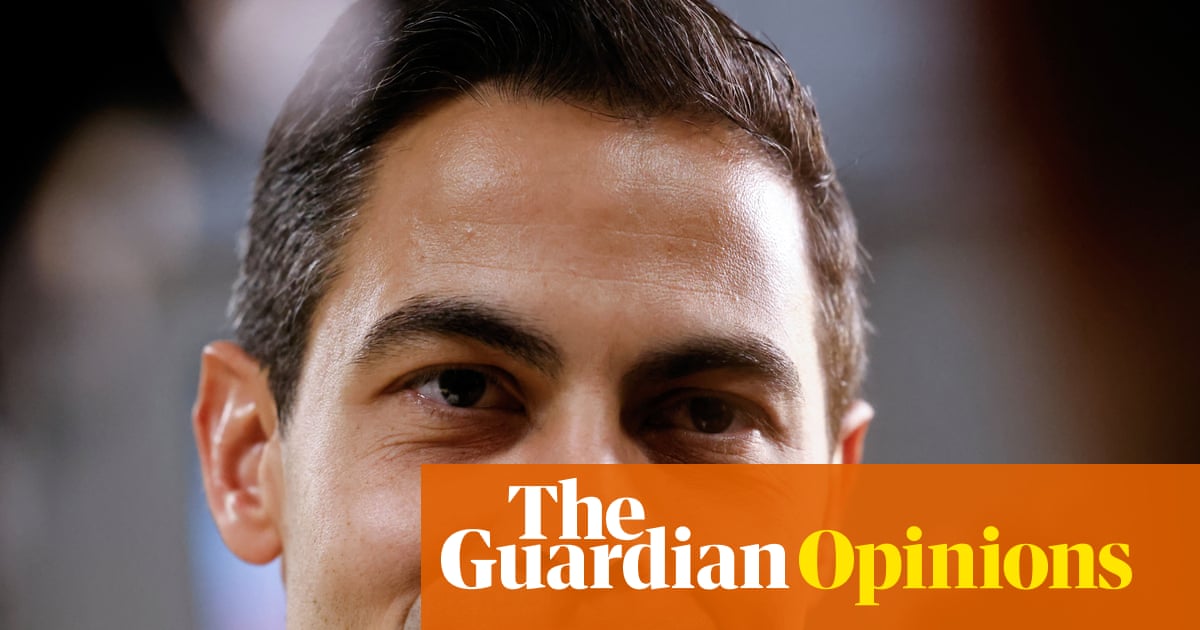
"But at a time when the forward march of the far right across Europe is dominating headlines, sapping the confidence of mainstream parties, one uplifting takeaway was immediately clear: a less divisive kind of politics can still cut through with the public, if it is prosecuted with conviction and panache."
"Basing his campaign on the Obama-style slogan Yes we can, Mr Jetten presented himself as an optimistic unifier to an electorate exhausted by the polarising politics of Geert Wilders, whose anti-immigrant Freedom party (PVV) dominated the outgoing coalition. He now has a very good chance of being the country's youngest-ever prime minister. Rumours of the death of Europe's political centre may have been exaggerated after all."
"For the time being that is true. Mr Wilders' mainstream coalition partners have no intention of teaming up with him again, following his decision to collapse the last government when it failed to enact his extreme antiimmigration plans. But the PVV's slump in the polls still left it virtually tied with D66 in first place, and Dutch politics remains stuck on the same page in relation to the far right overall."
One of the tightest Dutch elections produced a near-tie that delayed coalition talks. Centrist liberal D66 under 38-year-old Rob Jetten almost tripled its vote, campaigning as an optimistic unifier with the slogan Yes we can and positioning him as a likely youngest-ever prime minister. Geert Wilders' PVV lost ground but remained virtually tied with D66, while many lost PVV votes went to smaller like-minded parties, slightly increasing far-right representation overall. Mainstream parties refuse to partner with Wilders after he collapsed the previous government over extreme antiimmigration demands. The centre-left suffered major losses and resignations.
Read at www.theguardian.com
Unable to calculate read time
Collection
[
|
...
]